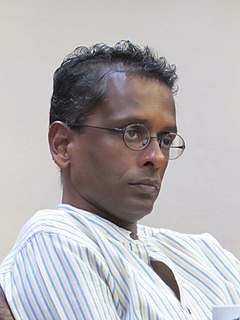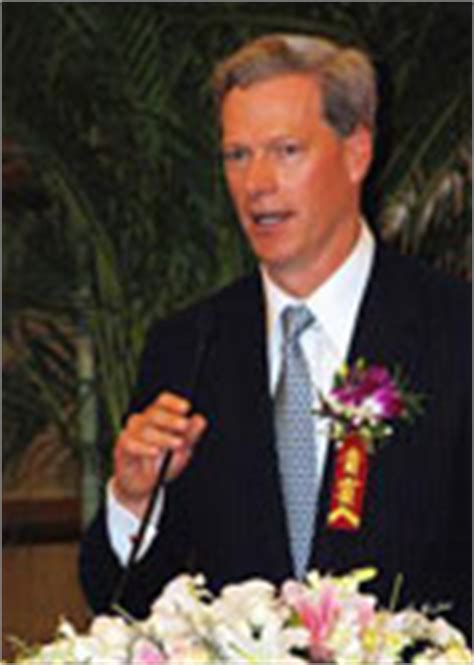A Quote by Alan Keyes
I feel like we're between two great possibilities: we're either going to turn things around, and in this generation see the rising sun of a new moral dedication in America, or we're going to lose the struggle for that moral renewal, throw away the basic principles on which our life and civilization is based, and head toward a new century that will make the 20th century look like a dress rehearsal for evil.
Quote Topics
America
Around
Away
Based
Basic
Basic Principles
Between
Century
Civilization
Dedication
Dress
Either
Evil
Feel
Generation
Going
Great
Head
Life
Like
Look
Lose
Make
Moral
New
Our
Possibilities
Principles
Rehearsal
Renewal
Rising
See
Struggle
Sun
Things
This Generation
Throw
Toward
Turn
Two
Which
Will
Related Quotes
D-Day represents the greatest achievement of the american people and system in the 20th century. It was the pivot point of the 20th century. It was the day on which the decision was made as to who was going to rule in this world in the second half of the 20th century. Is it going to be Nazism, is it going to be communism, or are the democracies going to prevail?
I am among those who believe that our Western civilization is on its way to perishing. It has many commendable qualities, most of which it has borrowed from the Christian ethic, but it lacks the element of moral wisdom that would give it permanence. Future historians will record that we of the twentieth century had intelligence enough to create a great civilization but not the moral wisdom to preserve it.
With a few exceptions like Kraftwerk, most great 20th century Western music is in some way American-based. And the great paradox of America, the paradox that distills America, is that this greatest of American contributions to humanity, this American contribution that probably has influenced more people around the world for the good, that probably has brought more people around the world unqualified joy, was born of America's greatest evil, slavery. Or one of the two great evils anyway, counting the European extinction of those who were on the continent first.
Humanity may destroy the possibilities for life on earth unless the freedom and power that we have acquired are channeled in new creative directions by a spiritual awareness and moral commitment that transcend nationalism, racism, sexism, religious sectarianism, anthropocentrism, and the dualism between human culture and nature. This is the great issue for the 1990s and the twenty-first century.
New approaches are needed, new orientations in both thought and action. We must make the transition to a new civilization...We are talking of a transition toward a new civilization. No one knows what it will be like. What is important is to orient in that direction... I am convinced that a new civilization will inevitably take on certain features that are characteristic of, or inherent in, the socialist ideal.


































